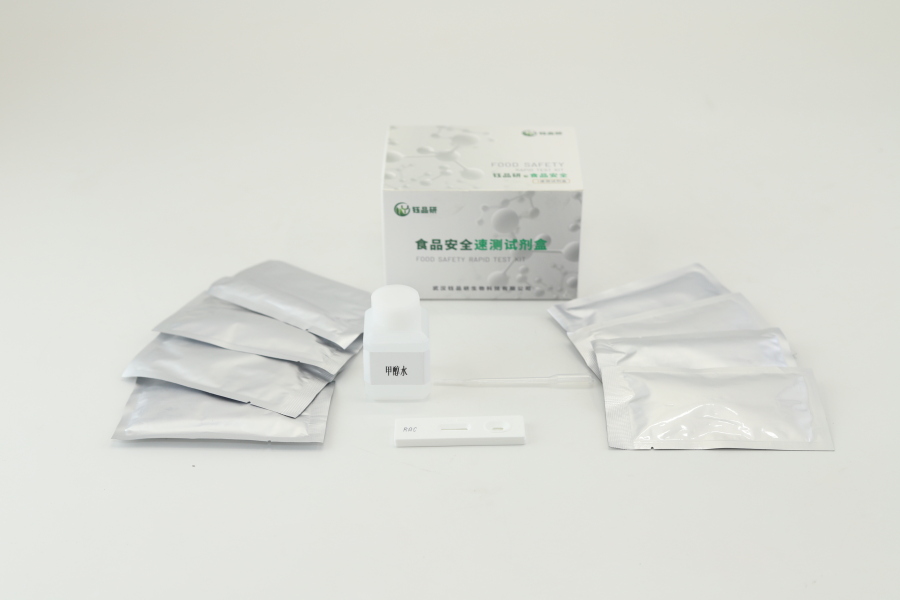
In modern agricultural production system, chemical pesticides play a key role in preventing and controlling pests and diseases and ensuring crop yield. Among them, triazole fungicides, represented by penoxazole and penoxazole, have been widely used in various crop planting scenarios with their excellent bactericidal activity and wide range of application. However, while such agents bring significant benefits, their residues in agricultural products have gradually become an important hidden danger threatening food safety, so it is crucial to establish an efficient and reliable detection mechanism.
Penoxazole and penoxazole are both triazole fungicides. They play a role by inhibiting the biosynthesis of fungal ergosterols and can effectively control a variety of fungal diseases. However, scientific studies have shown that long-term intake of foods containing excessive amounts of such fungicide residues may have potential adverse effects on human health, such as interfering with the endocrine system and damaging liver function. In order to strictly control food safety, it is particularly urgent to accurately detect the residues of triazole fungicides such as penoxazole and pentazole in agricultural products.
Traditional detection methods such as gas chromatography and liquid chromatography have high accuracy and sensitivity, but the operation process is complicated, time-consuming, and demanding on the professional level of instruments, equipment and operators, making it difficult to meet the needs of on-site rapid screening and large-scale sample testing. In this context, rapid detection technology plays an increasingly important role in food safety supervision and enterprise self-inspection due to its advantages of simple operation, fast detection speed and relatively low cost.
, as a Wuhan Yupinyan Bio focusing on the field of food safety rapid detection, deeply understands the urgent need for efficient detection solutions in the market. The company is committed to the research and development and production of various types of food safety rapid detection reagents. Among them, the rapid detection reagents for triazole fungicide residues such as penoxazole and pentazole alcohol can effectively meet the detection needs of grass-roots regulatory departments, food production enterprises, planting bases and other different scenarios. These rapid detection reagents can achieve rapid screening of samples, greatly shortening the detection time, providing strong technical support for food safety risk early warning and control, helping to ensure the quality and safety of agricultural products from the source, so that consumers can eat more at ease.
With the continuous improvement of public attention to food safety, as well as the increasingly strict regulatory policies, the requirements for the detection of triazole fungicides such as penoxazole and pentazole alcohol residues will also become higher and higher. Wuhan Yupinyan Bio will continue to invest in R & D efforts to continuously optimize the performance of detection reagents, improve the sensitivity and accuracy of detection, contribute to the construction of a more complete food safety assurance system, and protect the people's "safety on the tip of the tongue".

